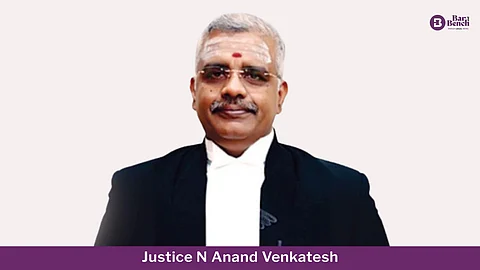
- Latest Legal News
- News
- Dealstreet
- Viewpoint
- Columns
- Interviews
- Law School
- Legal Jobs
- हिंदी
- ಕನ್ನಡ

A single-judge of the Madras High Court recently delivered a sharp critique of Division Bench remand orders in six arbitration cases, stating that the appellate courts failed to discharge their duty by ordering fresh Section 34 hearings without examining or reversing the original findings on merits. [Electronics Corporation of India v. ICMC Corporation Limited].